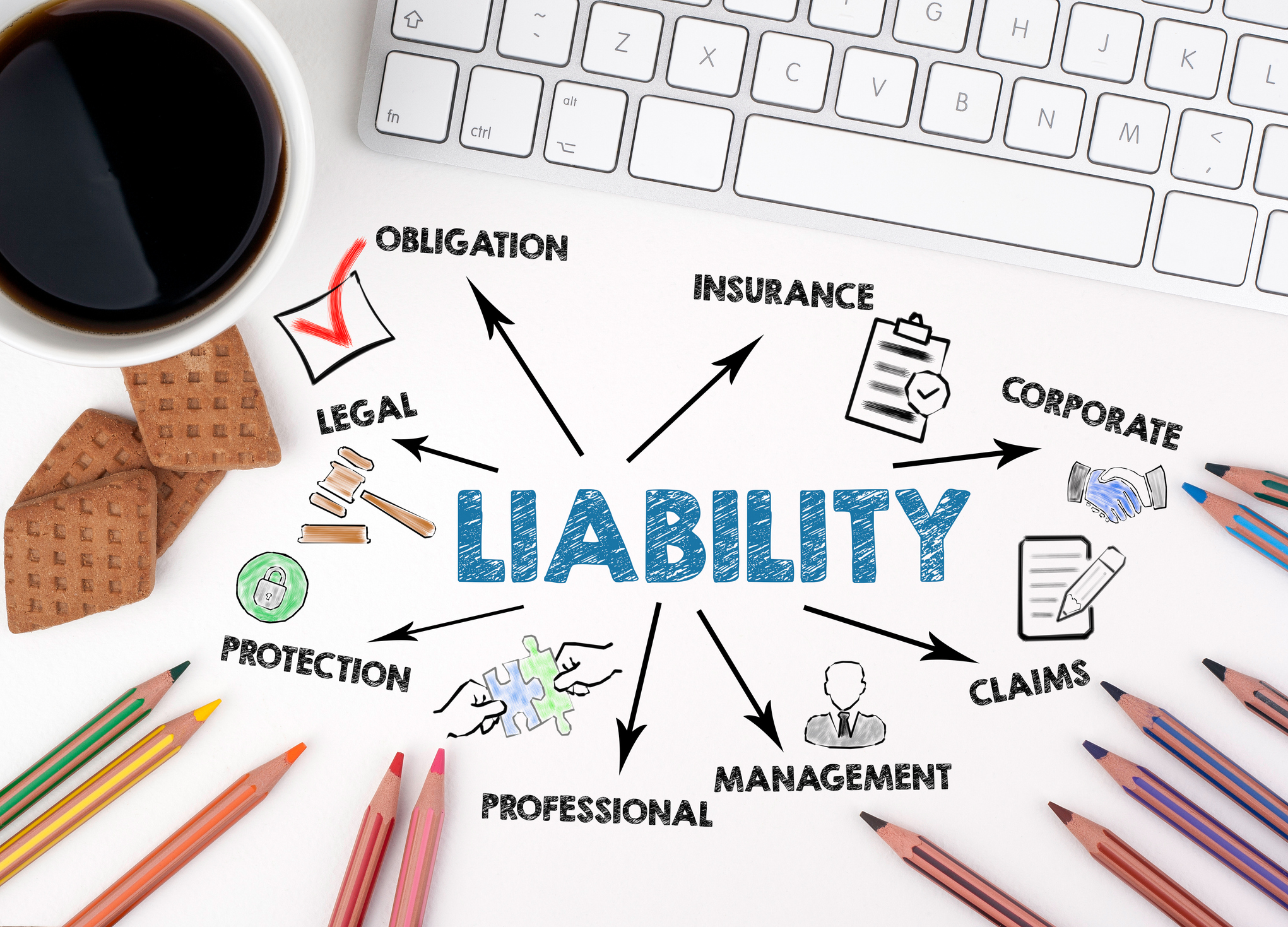January/February 2018
Legal Beat
Codes and the Standard of Care, Free Speech
BY ARTHUR SCHWARTZ, DEPUTY EXECUTIVE DIRECTOR AND GENERAL COUNSEL

Question: Does a design professional’s written contractual commitment to fully comply with the building code represent a heightened standard of care? (Florida)
Answer: In an important 2014 court decision (School Board of Broward County, Florida v. Pierce Goodwin Alexander & Linville. District Court of Appeal of the State of Florida), a Florida appeals court ruled that the code-related clauses in a contract raised the standard to what amounts to a warranty. The court ruled that the contract required the design professional to deliver plans that are code-compliant, rather than merely requiring plans to be prepared with ordinary and reasonable skill services.
The facts in the case indicated that a school board had retained a design professional firm to design the renovation of a high school and new school facilities. The initial design called for a third-floor balcony. A peer review of that design asserted that for fire safety reasons the building code required a separate stairway for the balcony. Design firm representatives disagreed, and believed that at a meeting on the issue they had persuaded the local building code official that no stairway was needed. After the project was bid and underway, the building code official ruled that a stairway was needed. Some initial construction had to be reworked to accommodate a stairway. The school board sought to recover the extra costs from the design professional firm. The owner-design professional agreement contained a clause regarding the standard of care stating: “As to all services design professional…shall exercise a degree of care and diligence…in accordance with the customary professional standards currently practiced by firms in Florida and in compliance with any and all applicable codes, laws, ordinances….”
The professional services agreement also contained two other statements to the effect that the design professional’s work would comply with applicable laws, regulations, and codes, and a statement that the design professional’s indemnification duty to the owner applied if the design professional had been negligent.
While the trial court judge ruled that the applicable standard of care was “whether the design professional prepared plans with ordinary and reasonable skill, which is a negligence standard,” on appeal, the appellate court held that the code-related clauses raised the standard to what amounted to a warranty. The appellate court ruled that the contract required the design professional to “deliver plans that would be code-compliant, rather than merely requiring plans [to be] prepared with ordinary and reasonable skill services.”
Language in the EJCDC E-500 (2014) affirms that the traditional standard of care applies to all services performed by the engineer.
Question: I am a professional engineer and own a small engineering company. With the rise in the use of social media, I have some concerns about the potential of a current or future employee making inappropriate comments unrelated to the company that reflect badly on the company. While I respect my employees’ First Amendment right to express their views, what rights do I have as an employer to act in the event I believe that these views or com-ments damage my company’s reputation? (Ohio)
Answer: The First Amendment protects private individuals from government suppression of free speech, but not from other private individuals or companies that take action as a result of speech. As a matter of law, the First Amendment offers almost no protection for individuals who engage in inappropriate speech (e.g., hate speech) who are disciplined or fired from private-sector employment. Some states have considered legislation that protects employees from being terminated for legal, off-duty speech that does not conflict with the employer’s business-related interests. States that offer this minimal protection include California, Colorado, Montana, New York, and North Dakota. However, even under these state laws, it would be relatively easy for an employer to establish that certain inappropriate off-duty speech interferes with an employer’s business interests (e.g., exposure to disruption, protests, boycotts, etc.). In short, there is no true legal protection for inappropriate speech for private employees in these or other states.
Responses are based on questions posed to NSPE Legal Counsel Arthur Schwartz.
Are you an NSPE member with a legal question for this column? Send it to Arthur Schwartz, 1420 King St., Alexandria, VA 22314-2794; fax 703-836-4875; or e-mail [email protected].
These questions and answers do not, in any way, constitute legal advice. Always consult your own attorney before reaching any conclusions or acting upon any information presented in this forum. Also note that legal precedents change. An answer based on a case from several years ago may have a new perspective today.


 Volunteering at NSPE is a great opportunity to grow your professional network and connect with other leaders in the field.
Volunteering at NSPE is a great opportunity to grow your professional network and connect with other leaders in the field. The National Society of Professional Engineers (NSPE) encourages you to explore the resources to cast your vote on election day:
The National Society of Professional Engineers (NSPE) encourages you to explore the resources to cast your vote on election day:




